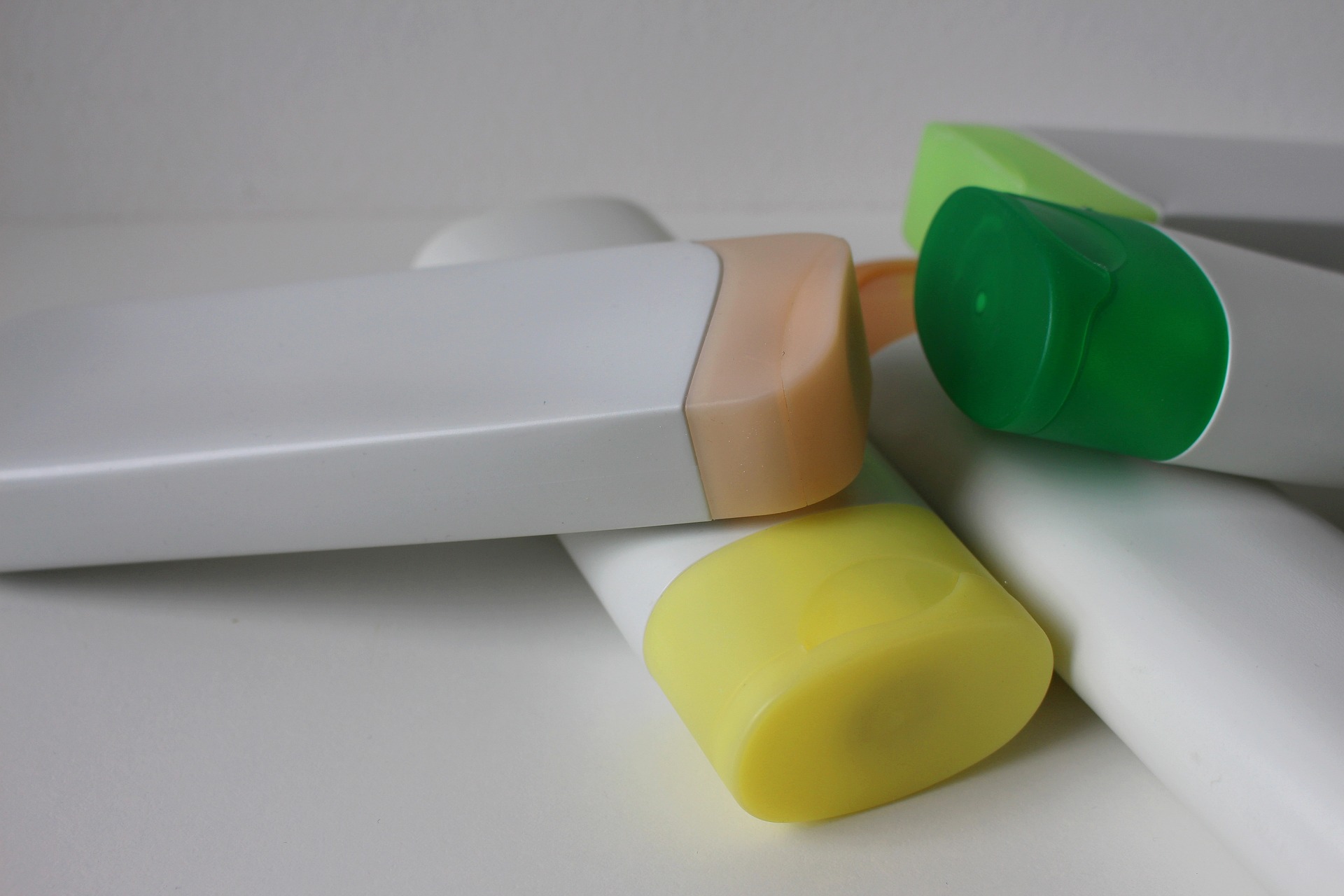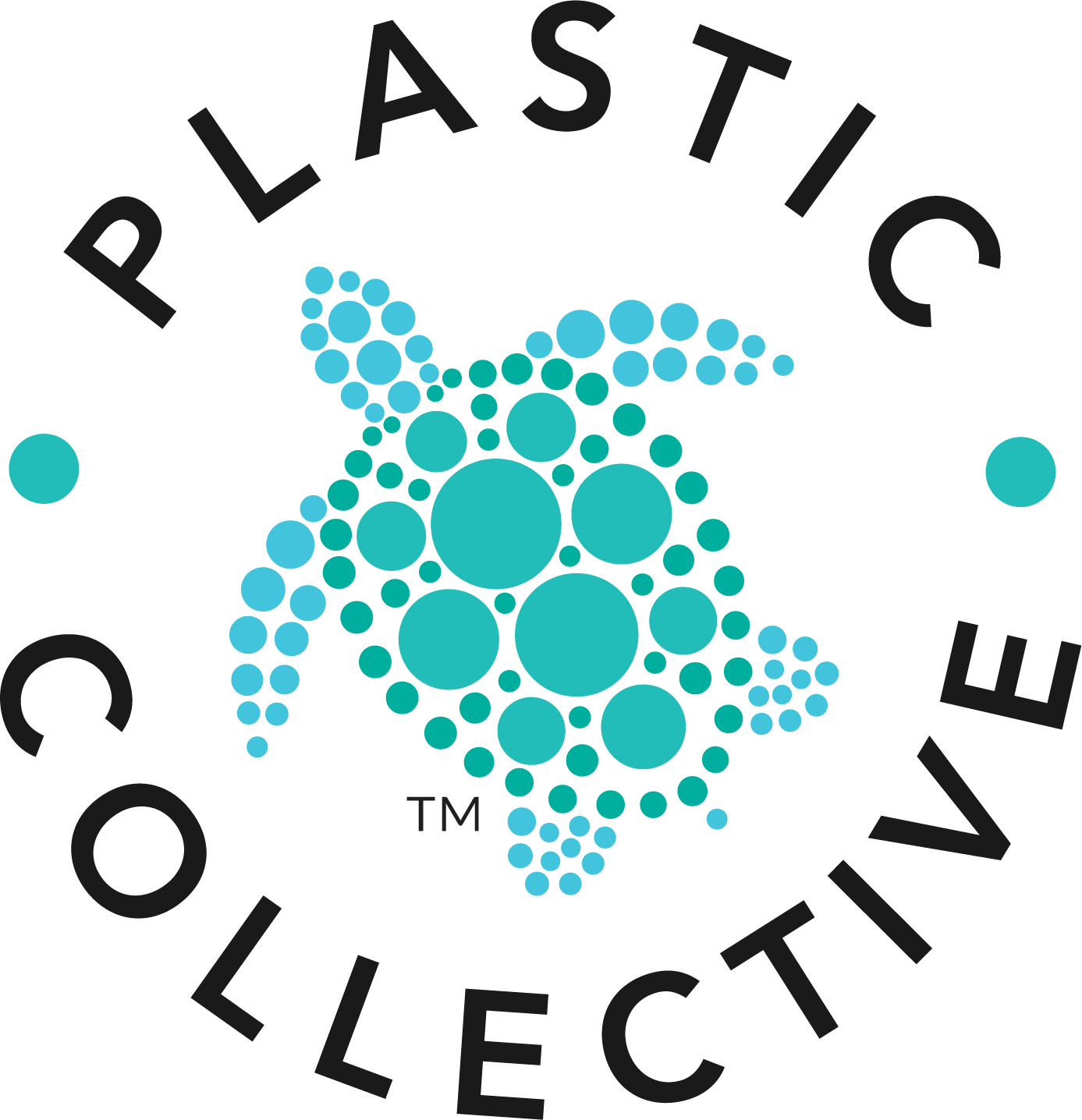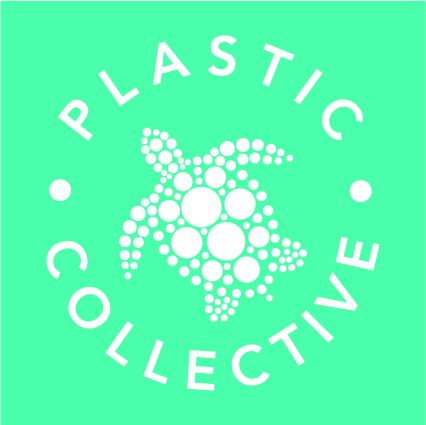What Are Plastic Offsetting Schemes for Business

As a business it is almost inevitable that you will use a certain amount of plastic in either the products you supply or as a by-product of carrying out commerce. Many organizations have set themselves targets to improve the sustainability of the business operations, including reducing the use of materials with large carbon and plastic footprints.
One of the big buzzwords from recent years is carbon offsetting. Carbon credits are designed to help organizations to support the climate change fight – through the offsetting of carbon emissions. If you want to learn more about carbon offsetting and how this works you can read our guide to carbon credits
In the same way that carbon offsetting schemes via the carbon market can help a business become more sustainable, a more recent initiative that works in a similar way allows a business to offset plastic use in the form of plastic credits. This means that an organization can reduce their plastic footprint by investing in a plastic offsetting scheme that will compensate for a business’s plastic use. We will look at the benefits of this for a business in this guide.
The Impact of Plastic on the Environment
Plastic is an extremely useful material and can be used in so many ways that it is of no surprise that it has come to dominate our lives in so many ways. When its use became mainstream in the 20th century it was hailed as a wonder material. Unfortunately, the usefulness of plastic combined with its relatively low production costs has come at the expense of the world’s ecosystems and even our health.
While businesses, governments and consumers now know of the negative impacts of plastic, we still produce a very large quantity of it every year – in fact in 2021 this figure was estimated at over 390 million metric tons of plastic. Of this plastic produced half of this is single use plastic with much of this ending up in the environment as waste. Unfortunately, waste management is a problem since the majority of single-use plastic is not recycled and also made from fossil fuels.
These single use plastics take the form of plastic packaging, plastic straws, plastic bottles, plastic cutlery, and plastic bags. Governments and some companies have changed their policies and have attempted to reduce the impact of these products on society, but there is still much to be done. unfortunately, much of this plastic is virgin plastic meaning that it is made from materials that have not been used before and not from recycled materials. This type of plastic has a high carbon footprint since it is made predominantly from fossil fuels. This is far from the net zero carbon ideals that governments, companies and consumers are increasingly striving for.
Plastic production continues to increase and our thirst for plastic products is still very high. If plastic consumption increases and remains high this means the amount of plastic waste also increases. Since waste collection and the recycling infrastructure needed to deal with this problem is not always in place, such as in some developing countries, plastic is destined for landfills or worse burned or dumped straight into the environment.
This is a problem that needs to be addressed since plastic pollution in the environment is extremely difficult to clean up (if not impossible in some cases) – especially when it enters the ocean where it can affect marine life. Plastic can also break down into tiny particles called microplastics that can even enter the food chain in humans and animals.
Why is Plastic Offsetting Beneficial?
As a business your immediate thought might be that the way forward is to remove as much plastic use from your business processes as possible. This is a goal for many businesses and an ideal scenario. However, for many organizations it is simply not possible to be able to remove absolutely all plastic use from its processes and supply chain.
One of the reasons for this is that traditional plastic products are cheap to buy, convenient and useful. Changing to eco-friendly and biodegradable plastics can sometimes impact the incomes and profitability of an organization. This mean that if a company has an overarching goal of becoming plastic neutral then this will immediately become a sticking point. This issue cannot always be addressed simply through a change in the operating methodologies of the business. This is why alternative solutions to the plastic problem are sought.
In a perfect world all plastic use would be multi-use – and be made from easily recyclable plastics. However, this is not always possible at least not in the short term. For businesses that are looking to make these changes in their business practices but are struggling to adopt different working practices in the short term, then plastic offsetting can help support a business to become more environmentally friendly.
Plastic offsetting can be beneficial for a business in situations where it is difficult or not immediately practical to change its plastic use. For example, a company’s product may be transported and sold (for human safety reasons) in plastic packaging, some of which ends up as post-consumer plastic waste once it leaves the producer’s direct control – and the producer has no viable packaging alternative )at least in the short to medium term). In these cases where a business cannot find a suitable replacement within its supply chain it is possible to invest in plastic offsetting schemes to help reduce its exposure to plastic use and waste.
Often one of the problems within a business is that they are not aware of just how much plastic they use and what the alternatives are. Therefore, a plastic audit can be beneficial to determine just what a business’ exposure is to plastic within their organization. This is something the Plastic Collective helps many businesses work through.
This can also help future proof the business from future legislation and changes in business practices. Understanding what the potential plastic liabilities are in the future is important for a successful long-term business strategy.
In short – moving towards a zero plastic goal is good for business, good for the environment and good for a company’s image in a world that is becoming ever more conscious of how unsustainable commercial activities impact the future of the world.
How Does the Plastic Collective Offsetting Scheme Work?
The Plastic Collective has created a plastic neutral program that can help a business move towards net zero plastic (that is, an equivalent amount of plastic put into a market is recovered from the environment). Firstly, the Plastic Collective will work with your business to audit your plastic usage across your supply chain. The goal of this is to ascertain the level of the business’s plastic consumption to then calculate the total plastic footprint for the organization.
Once a plastic footprint figure has been reached the next step is to design a strategy for the business to reduce its plastic consumption. This is in line with the United Nations Sustainable Development Goal number 12 which sets targets for achieving sustainable consumption and production patterns by 2030.
This process helps a business reduce its plastic exposure and improves its environmental credentials. In some cases, new and innovative alternative materials that might not have been previously considered can be introduced into a company’s supply chain.
Changing the way a business interacts with plastic is an important step since it helps avoid negative press such as claims of greenwashing. This is where a company claims a certain set of environmental credentials while negative business practices are still in place. In short- it is a misguided attempt to use positive PR to change how a business is seen, while not changing its business practices for the better.
Even with the best intentions and adopting alternatives to single use plastics it can be difficult to remove all harmful plastics completely from an organization’s supply chain. but much can be done if a business is committed to do so. Contact us today to learn more about our plastic neutral scheme.
Ultimately, the goal of the plastic footprinting is to help businesses switch from plastics to more sustainable materials, and to work with business to recycle and reuse plastic to the maximum extent possible. These changes will add immediate benefits to an organization’s overall sustainability.
Where business still has a substantial plastic footprint after these actions, it can employ a plastic offsetting program with the Plastic Collective. These schemes will then cover and compensate for the remainder of the organization’s plastic footprint via the company’s purchase of plastic credits from a certified plastic recovery project. This helps businesses become plastic neutral while also supporting community projects and the environment.
How the Plastic Collective Helps
The Plastic Collective is a social enterprise that works with local communities to recycle and repurpose single use plastics that these community projects have collected in their environment to make new products out of the waste. A business that invests in plastic offsetting at the Plastic Collective not only reduces their own plastic footprint but also supports local communities and the environment in the process.
Our schemes work with local communities who collect waste plastic that has been discarded in the environment. The projects turn this plastic waste into new products that they can sell. This improves the livelihoods of local communities while also removing plastic from the environment. This helps to create a circular economy in plastics and give a second life to single use and virgin plastics that would otherwise remain as discarded rubbish in the environment.
If you’re a business that is looking to become a plastic neutral company, then the Plastic Collective can help. Contact us today to learn more about our plastic neutral scheme.
Find out more about Plastic Collective and get the latest news about Plastic recycling, microplastics and the effects of climate change, by subscribing to the Plastic Collective newsletter.
Image: Monfocus| pixabay

